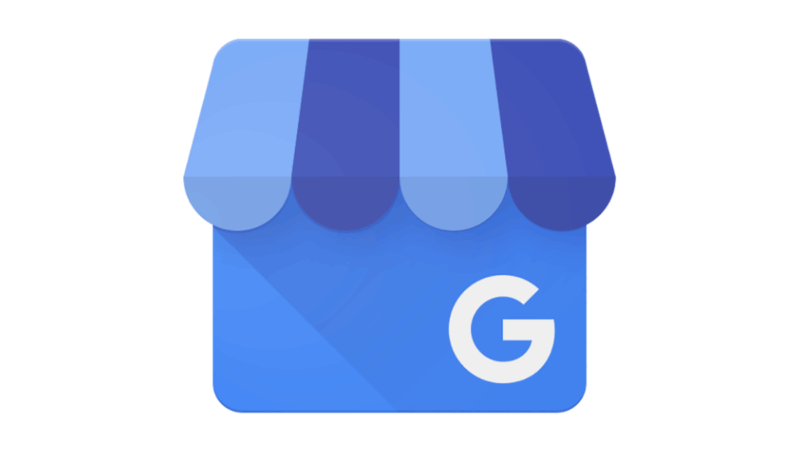How These Brothers Have Processed Hundreds Of Millions In Loans Through Their Platform
The founders of InstaLend are Saurabh Shah and Sohin Shah. We started the company in 2016 and have since bootstrapped it to originate hundreds of millions of dollars across close to 1,000 loans. At InstaLend, we oversee all aspects of business development, from customer acquisition to closing to draw management.
Saurabh is a frequent speaker at industry events and has been profiled by leading publications such as Forbes, Inc, AAPL, and industry-leading real estate podcasts.
Our efforts helped InstaLend rank No 1,848 on the 2022 Inc 5000 list of fastest-growing companies in America.
We are related as brothers and are also the co-founders of InstaLend, which is a tech-enabled lender for real estate loans providing fast, affordable and convenient capital to residential real estate developers.
As a non-bank real estate lender, we provide 12-24 month short-term loans on single-family and small multifamily properties for acquisition and rehab. We also provide 30-year long-term loans on stabilized rented properties. Our technology streamlines and automates manual workflow, payments, and...

Download the report and join our email newsletter packed with business ideas and money-making opportunities, backed by real-life case studies.

Download the report and join our email newsletter packed with business ideas and money-making opportunities, backed by real-life case studies.

Download the report and join our email newsletter packed with business ideas and money-making opportunities, backed by real-life case studies.

Download the report and join our email newsletter packed with business ideas and money-making opportunities, backed by real-life case studies.

Download the report and join our email newsletter packed with business ideas and money-making opportunities, backed by real-life case studies.

Download the report and join our email newsletter packed with business ideas and money-making opportunities, backed by real-life case studies.

Download the report and join our email newsletter packed with business ideas and money-making opportunities, backed by real-life case studies.

Download the report and join our email newsletter packed with business ideas and money-making opportunities, backed by real-life case studies.




























